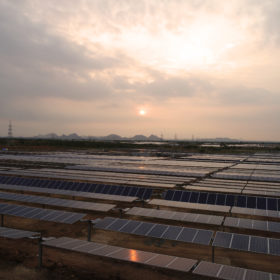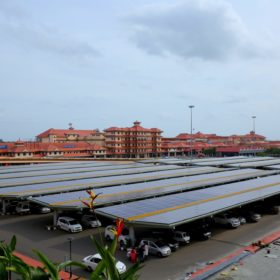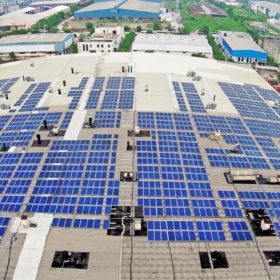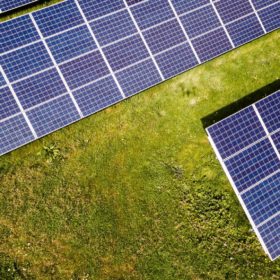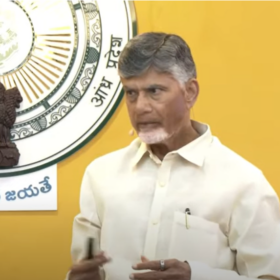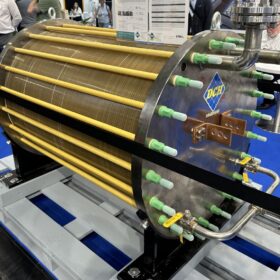SECI extends 3 GW manufacturing-linked solar auction by two weeks
After a pre-bid meeting with solar power developers on September 6, India’s Solar Energy Corporation of India (SECI) is looking to amend the tender document, which it hopes to upload to its website in the coming days, following approval from the ministry, according to a SECI spokesperson.
Suzlon partners with CLP for 70 MW solar capacity in Maharashtra
CLP India will acquire a 49% stake in Suzlon’s 50 MW and 20 MW solar projects in Dhule, Maharashtra. These two projects were won by Suzlon through competitive bidding in auctions by the Solar Energy Corporation of India Limited (SECI). As per the power purchase agreement signed, the tariff rate is fixed for 25 years at 4.115 INR/kWh for 20 MW and 3.66 INR/kWh for 50 MW.
India’s first solar bike track corridor to open next March
India’s first solar bicycle track corridor, which is set to generate around 6 MW of clean power daily, is scheduled to be operational in March 2019. Covering 12 km, the corridor will stretch from Mubarka Chowk to Wazirabad in New Delhi’s Outer Ring Road.
PV installations in Q2 fall by half
In the second quarter, India installed solar projects amounting to 52% less capacity quarter-over-quarter, due to uncertainties around trade cases, module price fluctuations, and PPA renegotiations prompted by record low solar tender bids.
Government focuses on PV quality concerns
The award of the nation’s first solar project quality certificate may signal a renewed determination by the federal authorities to crack down on low-quality panels – with Far Eastern imports firmly in their sights.
Tata Power installs ‘world’s largest’ cricket stadium solar rooftop
Tata Power Solar has commissioned an 820.8 kWp solar rooftop at the Cricket Club of India (CCI), in Mumbai. It claims it is the world’s largest solar rooftop on a cricket stadium.
Nearly 8 GW of solar projects receive 6 month extension – MNRE
To ensure their continued viability, nearly 8 GW of solar PV projects have been granted an extension by the Ministry of New and renewable Energy (MNRE).
Historic low tariff for 35 MW rooftop solar tender
The recent 35.29 MW rooftop solar tender, floated by Madhya Pradesh Urja Vikas Nigam Limited (MPUVNL) hit a historic low tariff of Rs. 1.58 (US$0.022) per unit. Overall, it attracted 31 bidders, and was oversubscribed by 630%.
Power regulator told to pass on changes in duties to consumers
A time-bound process would eliminate financial uncertainties for stakeholders – be it developers, lenders or the DISCOMs. It is a particularly big relief to solar PV power developers seeking pass-through for the impact of goods and services tax (GST) on project costs.
Funding the key obstacle to renewables in Asia
Banks categorize renewable energy projects as risky and believe they offer lower rates of return than fossil fuel schemes, making them reluctant lenders.

